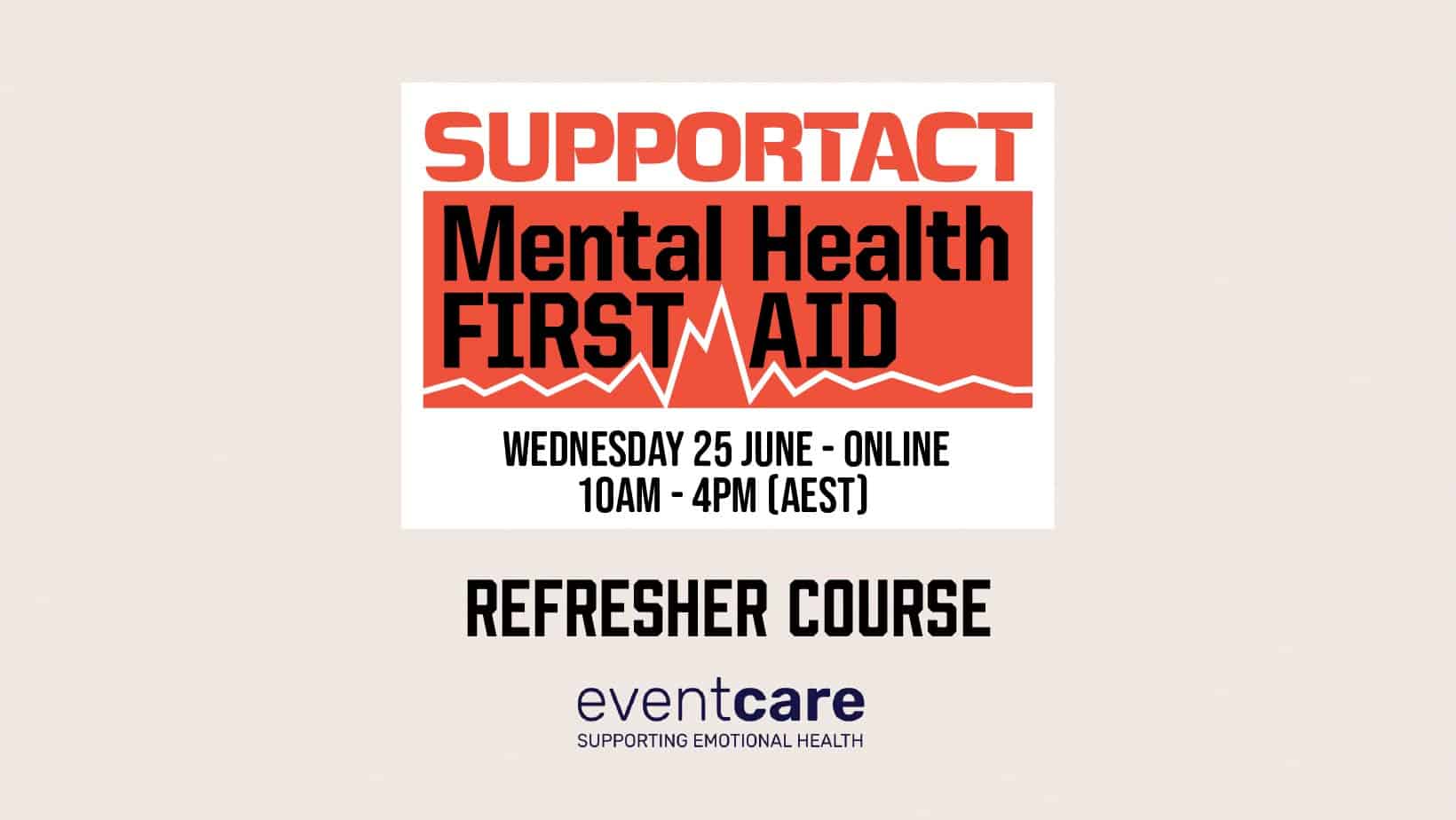At SXSW Sydney in October, Support Act brought together leading First Nations voices to explore what cultural competency really means, and how we can all play a part in building safer, more inclusive spaces for First Nations creatives across the music industry.
Hosted by Kamilaroi, Barkindji, Ballardong and Whadjuk woman Bianca Hunt, the panel featured Quandamooka Wesley Enoch, Chair of Creative Australia and Professor of Indigenous Practice at QUT; Iwaidja, Malak Malak and of Badu Island Ben Graetz, Creative Director, Performer and Producer, and former Creative Director of Sydney WorldPride and the National Indigenous Music Awards; and Dyagula, Wiradjuri, Gamilaraay, Ngunawal, Walgalu musician, screen composer and language advocate.
Together they shared a powerful conversation about identity, connection, collaboration and change.
“Cultural competency isn’t a course you finish,” said Enoch. “It’s iterative, something you practise every day through relationship, obligation and reciprocity. You have to put your skin in the game.”
The discussion opened with reflections on progress and persistence.
“Yes, we’ve come a long way,” shared Graetz, “but racism is still real, and it makes creating culturally safe workplaces hard. What gives me hope is the next generation, strong, articulate young mob coming through as artists, storytellers and leaders.”
The panel also challenged how cultural competency is often framed as a tick-box exercise rather than a lived practice.
“There are pockets of safety,” said Dyagula. “but not everywhere. The places that feel safest are the ones that hold your blackness, that let you be who you are inside systems that weren’t built for us.”
Dyagula spoke about the emotional labour First Nations artists often carry, describing the pressure to educate others while simply trying to do their jobs.
“We’re not just the talent, we’re the advisors too,” she said. “We’re always holding our culture, our families, our communities and the industry all at once. Real cultural safety means recognising that and creating space for us to just be.”
From there, the conversation moved into deeper territory: the meaning of place, the language we use, and the ongoing weight of cultural load. As Wesley noted, even the act of naming cities like Brisbane or Melbourne with First Nations equivalents often serves the comfort of non-Indigenous people.
“Those labels are for your benefit,” he said. “We already know who we are.”
Bianca closed the discussion by reminding the audience that cultural safety begins long before the work itself.
“For us, it’s about relationship before business,” she said. “Take the time to listen, to know who we are, then we can get to work.”
Yarning Strong: Talking Cultural Competency was part of Support Act’s ongoing commitment to promoting cultural safety, inclusion and collaboration across the Australian music community.
For workplaces wanting to better understand Cultural Competency, Support Act’s First Nations team offers Voices Amplified: a culturally informed Diversity, Equity and Inclusion Training program designed for the Music Industry, and for services and organisations who work with First Nations music communities.
The workshop focuses on cultural responsiveness, mental health and cultural awareness to support safe and respectful engagement with First Nations communities.
To find out more and organise your Voices Amplified workshop, click here.


